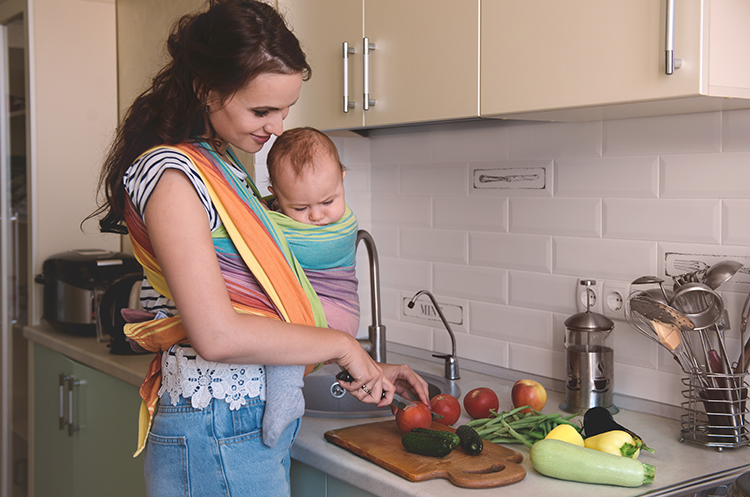

Numerous changes occur in your life as a result of pregnancy and parenthood. When you become expectant, your physique and behaviours alter, and after you conceive, they alter once more. However, the need to maintain a healthy diet remains constant even after giving birth after you conceive.
You undoubtedly have concerns regarding your diet, including what needs to improve, what you should and shouldn’t consume, and how much to consume, particularly if you’re nursing your newborn. Changing your diet is not too late, which is a wonderful idea.
How many calories are required while nursing?
The number of calories required is dependent on whether you’re breastfeeding solely or not. Your system typically expends 600 more calories per day when you are exclusively breastfeeding for the first six months. If you are breastfeeding along with complementary feeding, it is 520 kcal.
Try to include whole foods, fresh fruits and veggies, proteins, and healthy fats in your diet. When possible, use whole-wheat carbohydrates. Medical professionals could advise you to continue consuming your prenatal vitamin recommended by your doctor.
Five tips for maintaining a healthy diet
Human milk’s basic composition of fat, protein, and carbohydrates is not reliant on the meals and beverages you consume. Since the body draws from its own nutrient reserves to power milk production, even undernourished mothers may provide healthy food for their infants.

Here are six food habits to include in your nursing days:
1) Include lean protein in the required amounts
Add three meals of lean protein daily to your diet if you want to nurse healthily. Sources like chicken, fish, eggs, milk, yogurt, cheese, quinoa, and soy are examples of providers of lean protein providers.
Remember, your body converts excess protein to body fat; thus, there is no real benefit to surpassing the required daily amounts.
2) Say yes to healthy fats
Nutrients including vitamin E, omega-3 fatty acids, and antioxidants are present in healthy fats like those found in walnuts, nuts, and avocados. Don’t go excessive while including these beneficial fats in your nursing diet. Consuming too much fat can cause gas, bloat, and stomach discomfort.
3) Complex carbs all the way
Apart from offering more nourishment than processed starches and sweets, complex carbohydrates like whole grains, cereals, fresh fruits, and vegetables give you greater energy for longer periods. Additionally, it’s crucial to choose foods from various food categories, so you may eventually obtain the vitamins you and your baby need.
4) Stay hydrated
Dry skin from dehydration can exacerbate issues like painful nipples while nursing. Drinking plenty of water is crucial to a lactating mother’s diet. It keeps them invigorated, and the liquids required in the nursing diet are replenished by adding coconut water, fruit juices, and a few additional glasses of buttermilk.
5) Lactogenic foods for good milk production
Some nutrients’ availability in breast milk is directly influenced by how much they are consumed during nursing. Galactagogues are foods that help breastfeeding mothers initiate, sustain, or enhance milk supply. Hence, they should include the following items in their diets to help them produce more milk:
- Fenugreek seeds
- Fennel seeds
- Cumin seeds
- Garlic
- Leafy veggies
- Oatmeal
- Unripe papaya
- Asparagus
- Salmon
Conclusion
Being a breastfeeding mother will provide many difficulties and require adjustments to your life; thus, practise patience and look after yourself as you look after the baby. Keep in mind these five suggestions regarding a breastfeeding diet, and you can be sure that you and your child are off to a wonderful start.




